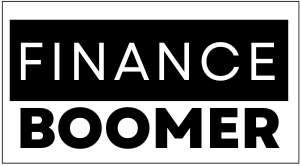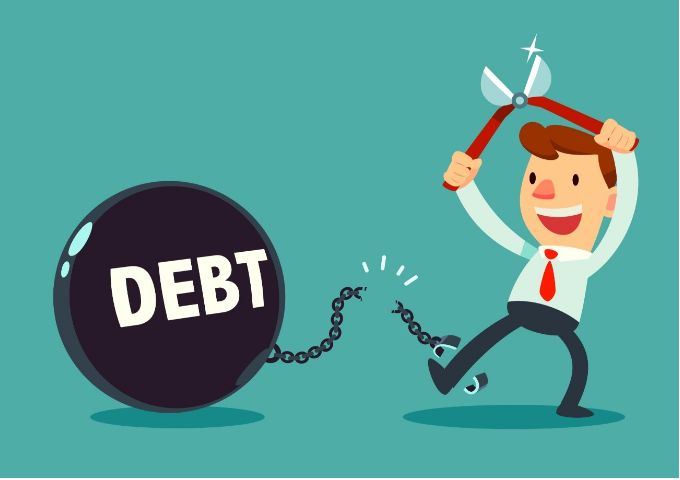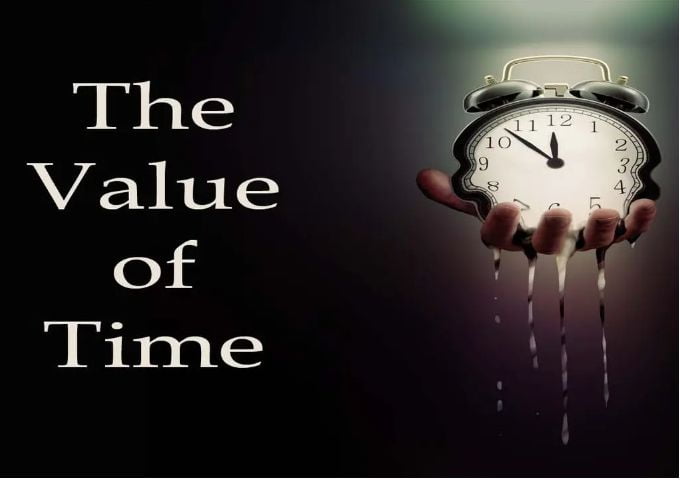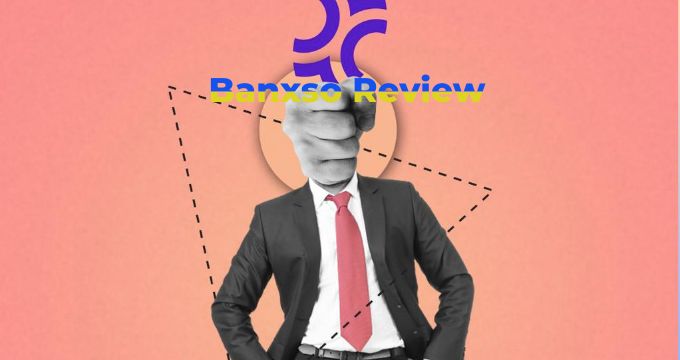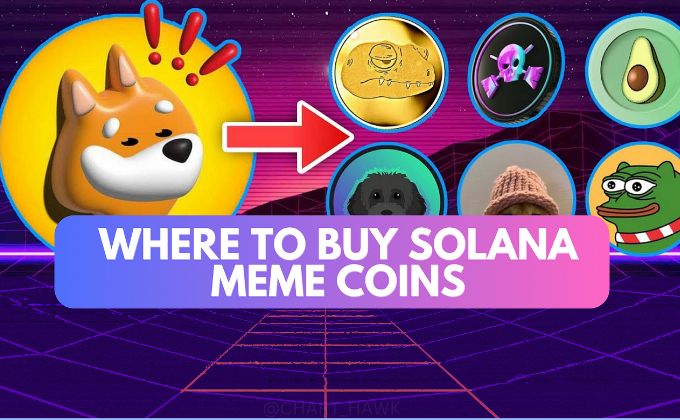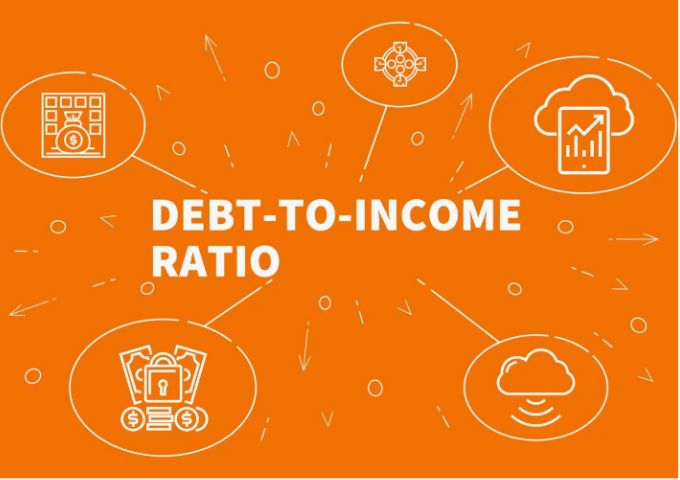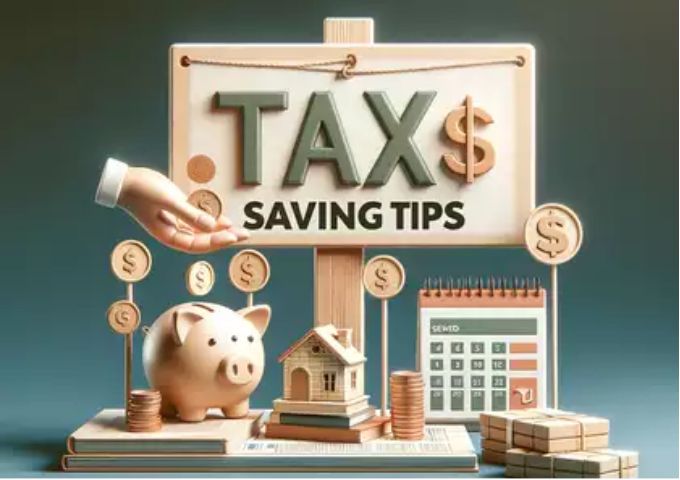A 5-Step Approach to Paying Off Debt and Building Financial Discipline
Introduction: The Struggle of Paying Off Debt
Today, I’d like to talk to you about debt repayment, which is an issue that comes up frequently. I have a lot of individuals contacting me and saying, “Well, I’m so deeply in debt. “I’m not sure what to do.” So I put out a five-stage plan for getting rid of debt, and it all starts with number one.
1. Understanding Your Relationship with Money
You see, debt is all about your relationship with money. It is your mindset about money, and the question you’ve got to ask yourself from a mindset perspective is, do you have a saver’s mindset or a spender mindset? They are two really different ways of thinking. Savers are people who think, “Okay, I’m going to put this away, that away.” They’re very much cautious people, saving for tomorrow at the expense of some of today. Whereas spenders, they’re quite happy to say, “Well, I want to go on holiday. I don’t have the money yet; I’ll put it on the credit card and think about it later.”
The saver mindset is thinking about later at the expense of today, and a spender mindset is thinking about today at the expense of the future. You’ve got to work out which one you are because that will determine how you handle things. Really, in order to reduce debt, if you’ve got the spender mindset, you need to shift that. You need to get some help into creating a saver mindset; otherwise, your old habits may be the ones that got you in trouble in the first place. If you continue with those same habits and that same relationship with money, you’re going to go through a vicious circle and always end up where you’ve been.
2. The Importance of Discipline
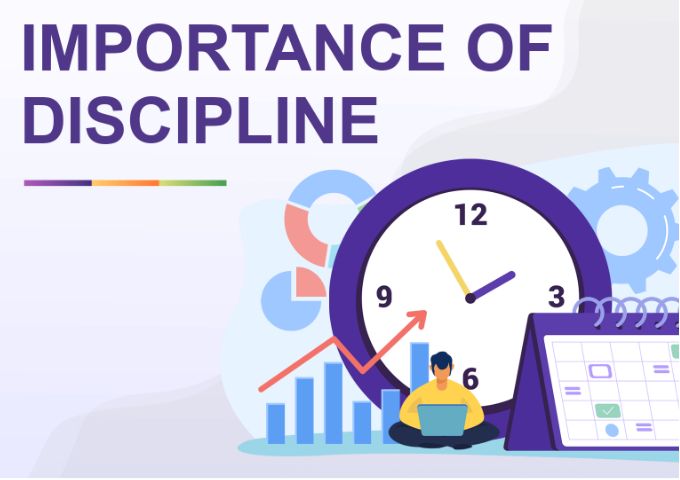
The second thing is discipline. In order to get rid of debt, you have to be massively disciplined. Are you an impulsive person or a measured person? The impulsive person sees something and wants to have it, so they go and buy it. They won’t think about whether they can afford it or not—they just go out and get it. On the other hand, the measured person thinks, “Okay, I want it, but how am I going to get it?” More importantly, “Can I afford it, and how can I afford it?”
Now, I know that some people are in the poverty trap, constantly trying to find money and struggling to get out of it. I’ll give you some tactics for that a little bit later.
3. Shifting from Exchanging Time to Value
Next, let’s talk about your value set—are you exchanging time for money? A lot of people say, “Yeah, but it’s okay, I’ve got a job, so what am I supposed to do? I get paid this much an hour, this much a week, and that’s what I have to live off.” No, it’s not what you have to live off; it’s what you choose to live off. Yes, you may have to live off that for now, but do you have to live off that forever? No. That requires change on your side.
How do you go from exchanging time for money to exchanging value for money? For example, I used to work for McDonald’s, and I started off earning something really pitiful—£1.30 an hour. Back then, they had different wage brackets for different age groups. You could do the same job, but if you were under 18, you got massively paid less. For two years, I could have either complained and accepted that I was going to work for minimum wage, or I could do something about it.
At McDonald’s, the more you learned, the more you earned. The better you became and the more useful you were, the more training you completed. Each time you completed a module, you received a small raise. Over time, those small raises added up. Eventually, when I took on additional responsibilities and decided to step up, I earned more. That’s the principle of exchanging your value—making yourself more valuable to the organization so you can earn more.
Yes, McDonald’s provided training, but I did a lot of learning on my own time. Even at 16, I took stuff home and learned it because the quicker I took this knowledge on board, the quicker I could move up.
4. The Power of Budgeting
The fourth thing is budgeting. Are you actually budgeting your life? I run very strict personal budgets. I know what’s coming in and what’s going out. I know what my affordability is. As a 16 or 17-year-old, I didn’t know that, and a lot of bad habits started there. I got into debt as a youngster because I didn’t have the discipline or mindset to pay off debt—I just accumulated it.
One of my biggest challenges was getting a credit card young. I had an interesting relationship with that card. I would spend, spend, spend, and before I knew it, my debt was rising and out of control. It became quite daunting. You need to budget, understand your numbers, and be brutally honest about where you stand right now.
What are the brutal facts, and what are you going to do about them? If you have high credit card debts, pay off the one with the highest interest rate first. If possible, do a balance transfer to a 0% card. Also, look at your utilities—can you save by switching providers?
One of my favorite exercises is looking at my mortgage statement to see how much interest I’m paying. Think about how much interest you’ll pay over the life of a mortgage. Then ask yourself, if you had a saver mindset and made small overpayments on your mortgage, how much interest could you save over time? Do the math—it’s frightening.
5. Finding a Side Hustle
Finally, many of you may have a job and feel maxed out, saying, “I can’t do anything else.” But I want you to think, what does your side hustle look like? How can you earn money for yourself on the side? I’m not talking about getting another job working for someone else. What can you learn that adds value to yourself so you can start earning for yourself? We live in an age where side hustles are possible. You just need to figure out your gift, your side hustle, and how you can monetize it.
Conclusion: Take Action Today
We don’t have the time to go into detail now, but if you want more information on how to pay off debt, increase your value, or work on your mindset, head over to boolkah.com and get in touch.
If you enjoyed today’s episode, please like, subscribe, and share it so others can benefit too. Finally, always remember: failing to learn is learning to fail, and please stay safe.
